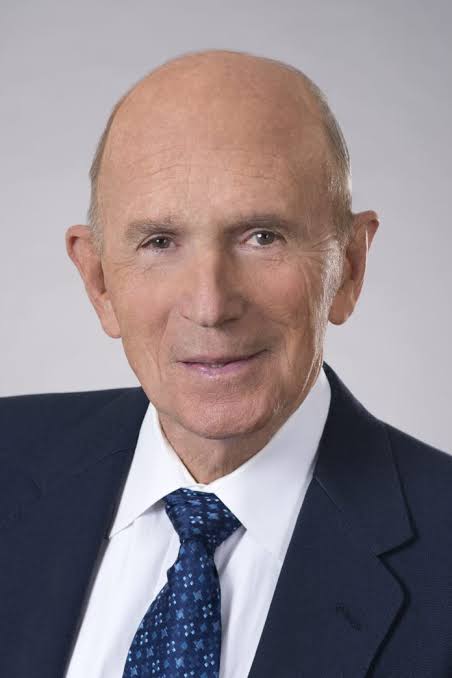Mike Matzinger
Dr. Kenneth H. Cooper, born March 4, 1931, in Oklahoma City, is widely regarded as the founder of modern aerobics and a pioneer in preventive medicine. A Distinguished Eagle Scout, Cooper’s journey toward transforming global attitudes about exercise began long before his groundbreaking medical career — it began in Scouting.
At age 16, shortly after earning his Eagle rank, Cooper was working near a lake when he heard a young girl calling for help from the water. Remembering the lifesaving skills he learned in Scouting, he kicked off his shoes, swam out, and pulled her to safety. That rescue led to his first job as a lifeguard, where he estimates he saved dozens more swimmers. The lessons of discipline, preparedness, and confidence he gained as a Scout would follow him into military service, medical research, and worldwide advocacy for fitness.
Cooper graduated from the University of Oklahoma with both a B.S. and an M.D., later earning a Master of Public Health from Harvard. His 13 years of service in the U.S. Army and Air Force — including time as a flight surgeon and director of the Aerospace Medical Laboratory — gave him a platform to study the effects of exercise on health. He developed the Cooper Test, a 12-minute run used internationally to measure cardiovascular fitness, which remains a standard tool in schools, the military, and sports programs.
In the 1960s, prevailing medical opinion often dismissed the benefits of exercise for adults. But Cooper’s research told a different story. In 1968, he published Aerobics, introducing the world to a new term and a revolutionary concept: that structured cardiovascular exercise could extend life, prevent disease, and improve quality of living at any age. His point system for measuring activity levels made fitness accessible and trackable — an approach that resonated strongly with Scouting’s own achievement-based programs.
After leaving the military in 1970, Cooper founded the Cooper Clinic and The Cooper Institute in Dallas. The Institute, now part of Texas Tech University Health Sciences Center, has conducted decades of research linking regular exercise to lower rates of Alzheimer’s, cancer, and heart disease. Its FitnessGram program, used in schools nationwide, mirrors the goals of Scouting by helping young people understand and improve their physical health.
Cooper often credits Scouting with preparing him for challenges far beyond the campfire. He fondly recalls outdoor adventures, including a trek at Philmont Scout Ranch and survival exercises during military training where his Scout skills — from building shelters to improvising fishing gear — proved invaluable. His philosophy is simple but powerful: “Your health is your responsibility.” He continues to encourage people to embrace fitness as a lifelong journey, not a temporary goal.
Now in his 90s, Cooper remains active, walking daily, cycling, lifting light weights, and speaking out about the dangers of sedentary lifestyles and childhood obesity. He still carries his Eagle Scout pocket card, a reminder of the early leadership and self-discipline that shaped his path.
Over his career, Dr. Kenneth H. Cooper has authored dozens of books, influenced public health policy, inspired fitness movements worldwide, and helped change how schools, the military, and organizations like Scouting promote wellness. His life’s work reflects the Scout motto, “Be Prepared,” and stands as a testament to how one person’s vision — rooted in the values of Scouting — can improve the lives of millions.



